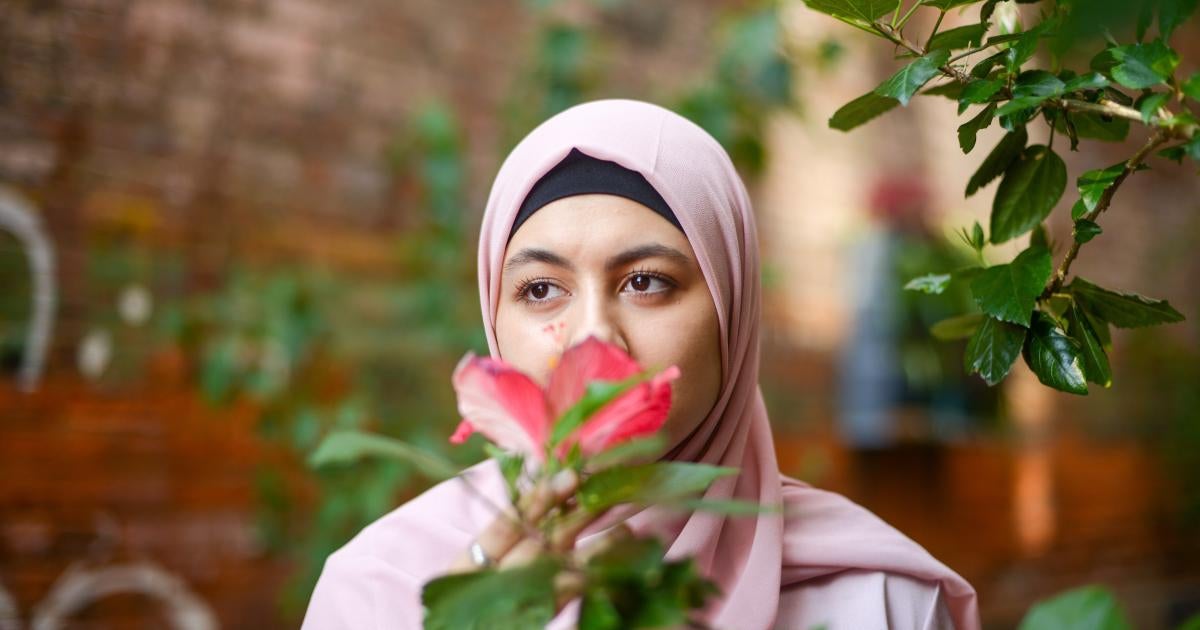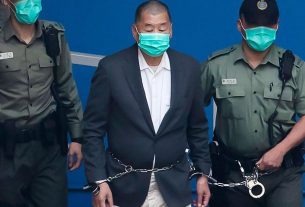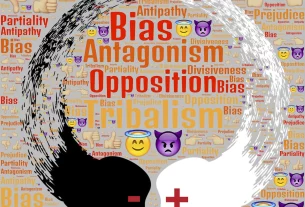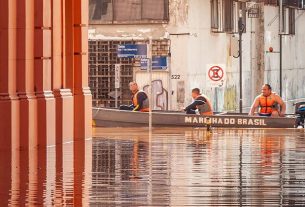When I met “Amina” two years ago, she told me her family’s journey sounded like the perfect Canadian story: escaping war-torn Afghanistan with her parents and three siblings, and ultimately finding refuge in Canada. “This is our home,” she told me. “But there is more to the story.”
Upon arrival in Toronto, Canadian Border agents detained the family and separated Amina – just seven at the time – and her siblings from their parents. “I’ll never forget the border officers handcuffing my parents. Seeing my mom cuffed with my baby brother in her arms.”
Every year, Canadian authorities detain thousands of people in immigration detention, including refugee claimants, children, and people with disabilities. To make matters worse, the law puts no limit on the length of detention, and the uncertainty causes trauma, distress, and a sense of powerlessness. Some were detained for years with no end in sight. People with disabilities face discrimination throughout the detention process.
“I had good memories from back home,” Amina said. “I never took in this idea of being in a war. My parents did a good job of concealing that part. I never saw them cry until we got to the border and got detained.”
But there is hope. Amina’s story has helped fuel the momentum of the #WelcomeToCanada campaign, bringing together Human Rights Watch, Amnesty International, and advocates across the country to get Canada on the path to abolishing immigration detention. Since July 2022, eight of Canada’s ten provinces have terminated their immigration detention contracts with the federal government, which allowed the Canada Border Services Agency to incarcerate immigration detainees in provincial jails. “For years, we didn’t talk about what happened at the border and I tried to wipe the memories away,” Amina told me. “But when my parents heard this was happening to other people, they told me to share our story.”
Amina started law school in September and is studying to become a refugee lawyer. Last week, I saw her at an Immigration Detention Summit in Toronto, where lawyers and advocates gathered to share insights and strategize together on a path forward. People like Amina who have experienced immigration detention are critical to these efforts. By sharing their stories they are changing the landscape of immigration detention in Canada, slowly bringing the country closer to the welcoming safe haven it promises to be.
** This article is part of a series marking the 10th anniversary of Human Rights Watch’s Disability Rights Division.



